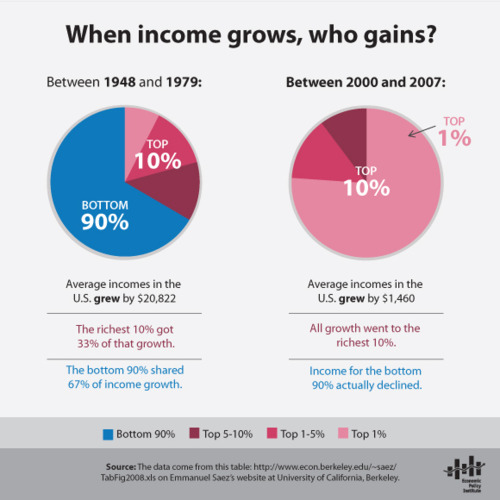“It’s time for us to stop lying to ourselves about this country.
America is great in many ways, but on a whole host of measures — some of which are shown in the accompanying chart — we have become the laggards of the industrialized world. Not only are we not No. 1 — “U.S.A.! U.S.A.!” — we are among the worst of the worst.” (from the original opinion piece)
What do you think?
Are we as bad as the chart says? Where do you see room for improvement?
How can you, as a philanthropist, help the U.S. improve its standing?


